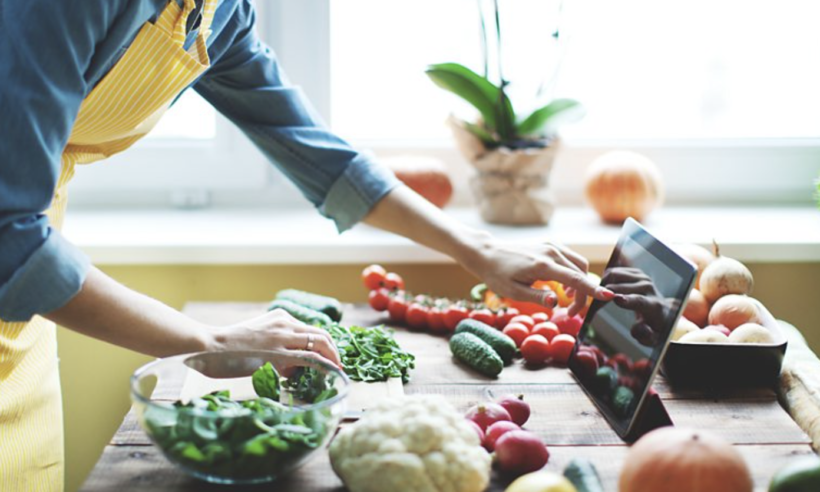Throughout life, we are frequently reminded about the importance of a balanced diet. This is for many reasons, but mainly due to the fact that a balanced diet helps to provide your body with the nutrients needed to function normally.
When it comes to getting essential nutrients, most can be found from the foods we eat. But, larger quantities are typically found in animal-based products, highlighting a cause for concern for vegans.
But – not all hope is lost. This guide will take you through how to get your B vitamins on a vegan diet.
What Are B Vitamins?
B vitamins (also referred to as the vitamin B complex) are a group of eight water-soluble vitamins. These vitamins contribute to an array of functions in the body, including energy release and maintenance of the nervous system.
Getting B Vitamins As A Vegan
As stated previously, most B vitamins are found through meat and dairy products. However, this isn’t to say that they can’t be found elsewhere. Read on to discover vegan-friendly sources of all eight B vitamins. The following guidance has been sourced from the NHS.
1. Vitamin B1 (Thiamine)
Vitamin B1 can be found in many types of foods, which is great news for vegans. Good sources include peas, bananas, oranges, nuts, and some fortified breakfast cereals.
2. Vitamin B2 (Riboflavin)
Unfortunately, vitamin B2 is mainly found in animal products. However, small quantities of vitamin B2 can also be found in fortified breakfast cereals and mushrooms.
3. Vitamin B3 (Niacin)
Vitamin B3 might be slightly tougher to source as a vegan, but it’s not impossible. You will find some vitamin B3 in wheat flour.
4. Vitamin B5 (Pantothenic Acid)
Vitamin B5 (also known as pantothenic acid) can be found in pretty much all vegetables and whole grain foods. Specific vegan-friendly sources include mushrooms and avocado.
5. Vitamin B6 (Pyridoxine)
Vitamin B6 can be found in loads of vegan-friendly foods. This includes peanuts, oats, bananas, and soya beans. You will also find vitamin B6 in some fortified breakfast cereals.
6. Vitamin B7 (Biotin)
As it stands, it is not clear as to whether you need to source additional vitamin B7 through the diet. This is because the body only needs vitamin B7 in small amounts – and the bacteria in your bowels already create biotin.
7. Vitamin B9 (Folic Acid)
Although in small amounts, you can expect to find vitamin B9 in broccoli, leafy green vegetables, peas, chickpeas and brussels sprouts. Healthy!
8. Vitamin B12 (Cobalamin)
Last, but by no means least, we have vitamin B12. A lot of people following a vegan diet choose to take vitamin B12 supplements, as it is only really found in animal products. Unlike the other seven B vitamins, you cannot find vitamin B12 in vegetables and fruit.
There’s no denying that living a vegan lifestyle means you have to pay closer attention to nutrients. However, once you know where to look, there shouldn’t be any issues!
Laila Azzahra is a professional writer and blogger that loves to write about technology, business, entertainment, science, and health.
